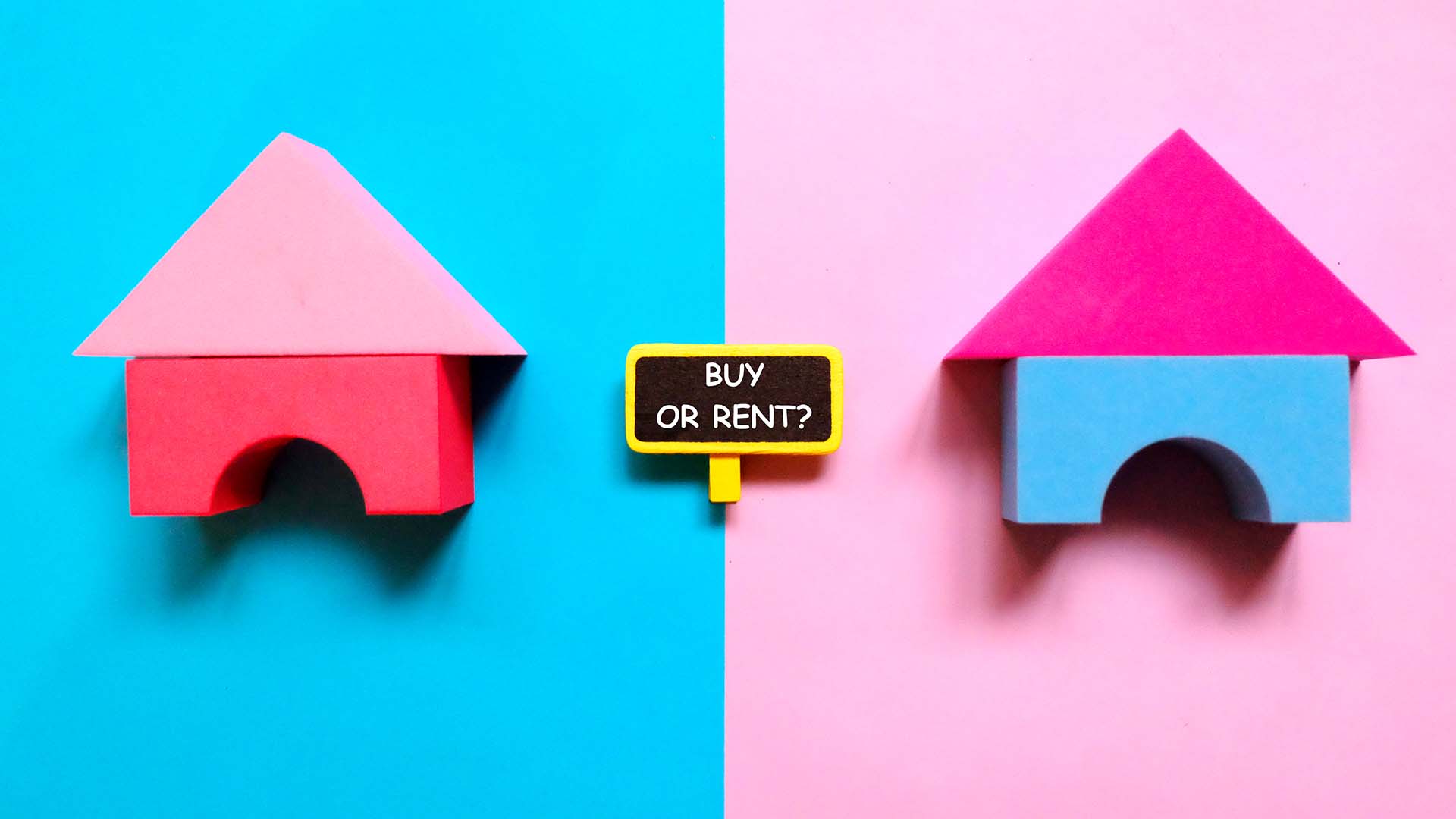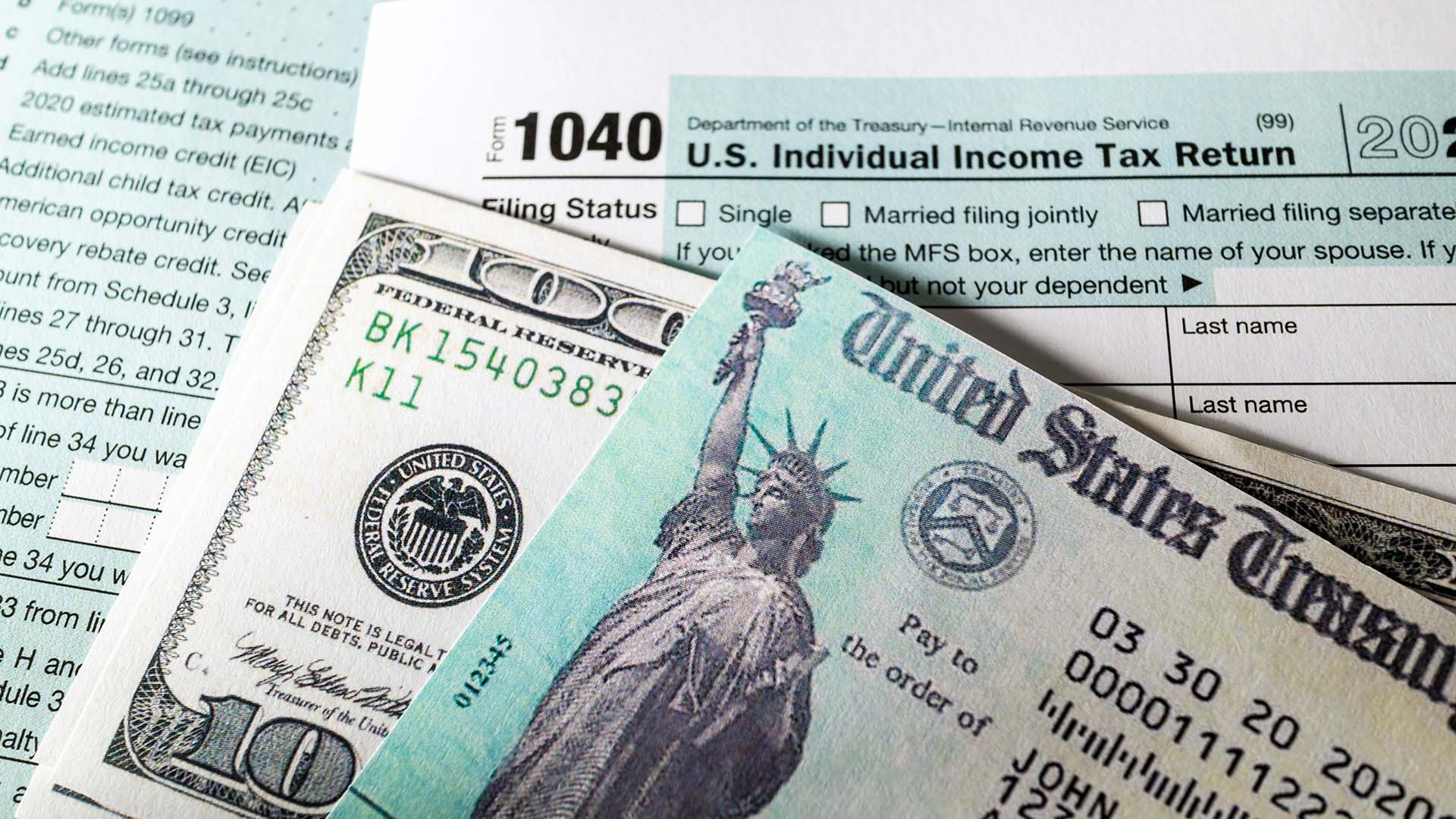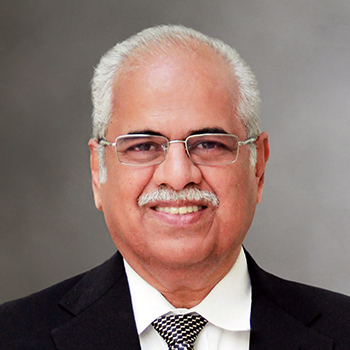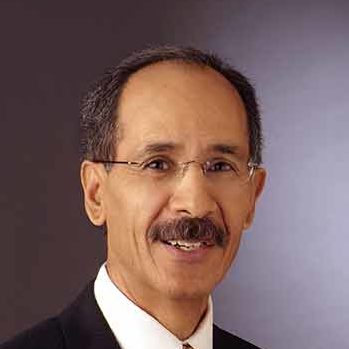How to curb a recession
The pandemic and war in Ukraine lead economists to predict a decline in GDP that could be prevented with swift action.
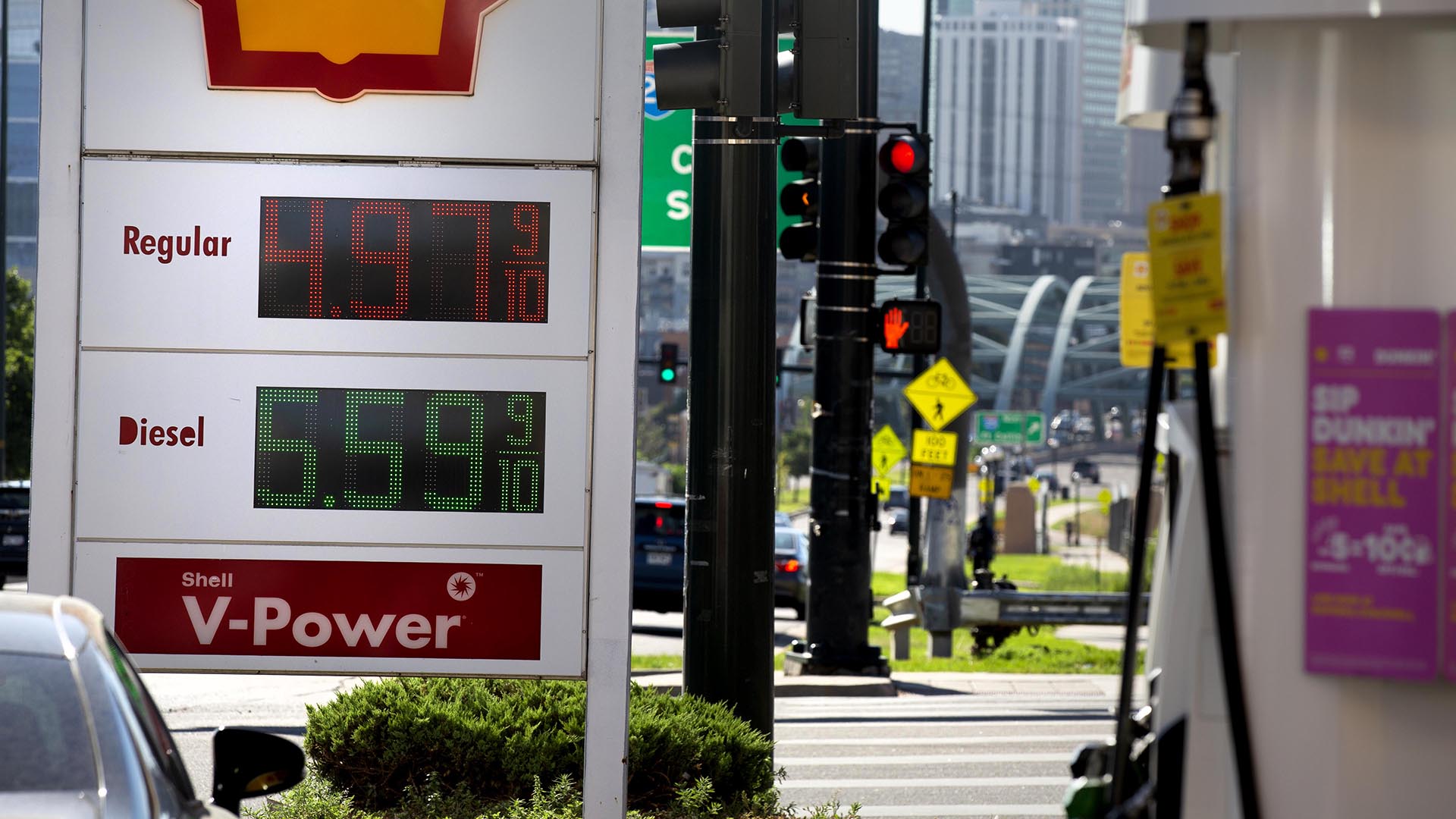
Millions of Americans are facing higher prices at the gas pump and the checkout line as costs rise and incomes remain relatively flat. U.S. inflation is up more than 9%, a record high. The combination of high inflation and low unemployment levels, only 3.6% nationally, has led many economists to predict that a recession is coming in late 2022 or 2023.
“The country’s economy is experiencing every indication of a recession, even if one has not yet been officially declared,” said Kishore Kulkarni, Ph.D., professor of Economics at Metropolitan State University of Denver.
Defined as two consecutive quarters of decline in gross domestic product, economic recessions can cause a host of problems for the average American. Common effects include rising unemployment, lower wages and returns on investments, and higher levels of stress and depression. The U.S. stock market’s recent prolonged price declines already have many Americans fearing the worst.
Kathy White, executive director of the Colorado Fiscal Institute and a 1992 Philosophy graduate of MSU Denver, shares Kulkarni’s assessment and recognizes that low-income people are affected the most by recessions.
“When you look at top-line indicators such as unemployment rates, it’s easy to assume things aren’t that bad,” White said. “However, when you drill down, you see that those who face the most challenges or barriers aren’t recovering at the same rate as those who are more affluent.”
But economists say recessions are preventable. Consumers can take steps to lessen the blow to their bank accounts, and lawmakers can focus on legislation that fills gaps in the economy and shifts its reliance on one of the biggest contributing factors: crude oil.
The cause
Kulkarni sees three major contributors to a possible impending recession: the war in Ukraine, pandemic spending and supply-chain disruptions.
“The issues created by the world pandemic are a major part of this recession,” Kulkarni said. “Supply chains were disrupted by people staying at home and increasing their consumer spending, creating scarcity and increasing prices.”
And they were affected by people’s inability to go to work. “The Shanghai port closed for 13 days in May 2022,” he said. “In Los Angeles, 250 ships sat in the port for weeks in 2021 with no one to unload them.”
He also pointed to Russia’s war with Ukraine.
“Approximately 33% of the European crude-oil supply comes from Russia,” Kulkarni said. “The sanctions put in place by the war are causing transportation costs to increase and therefore the cost of necessities to go up.”
He cited as an example the price of bread, which has increased 15% since January.
“These costs are having to be absorbed by companies who are passing them through to the customers,” he said.
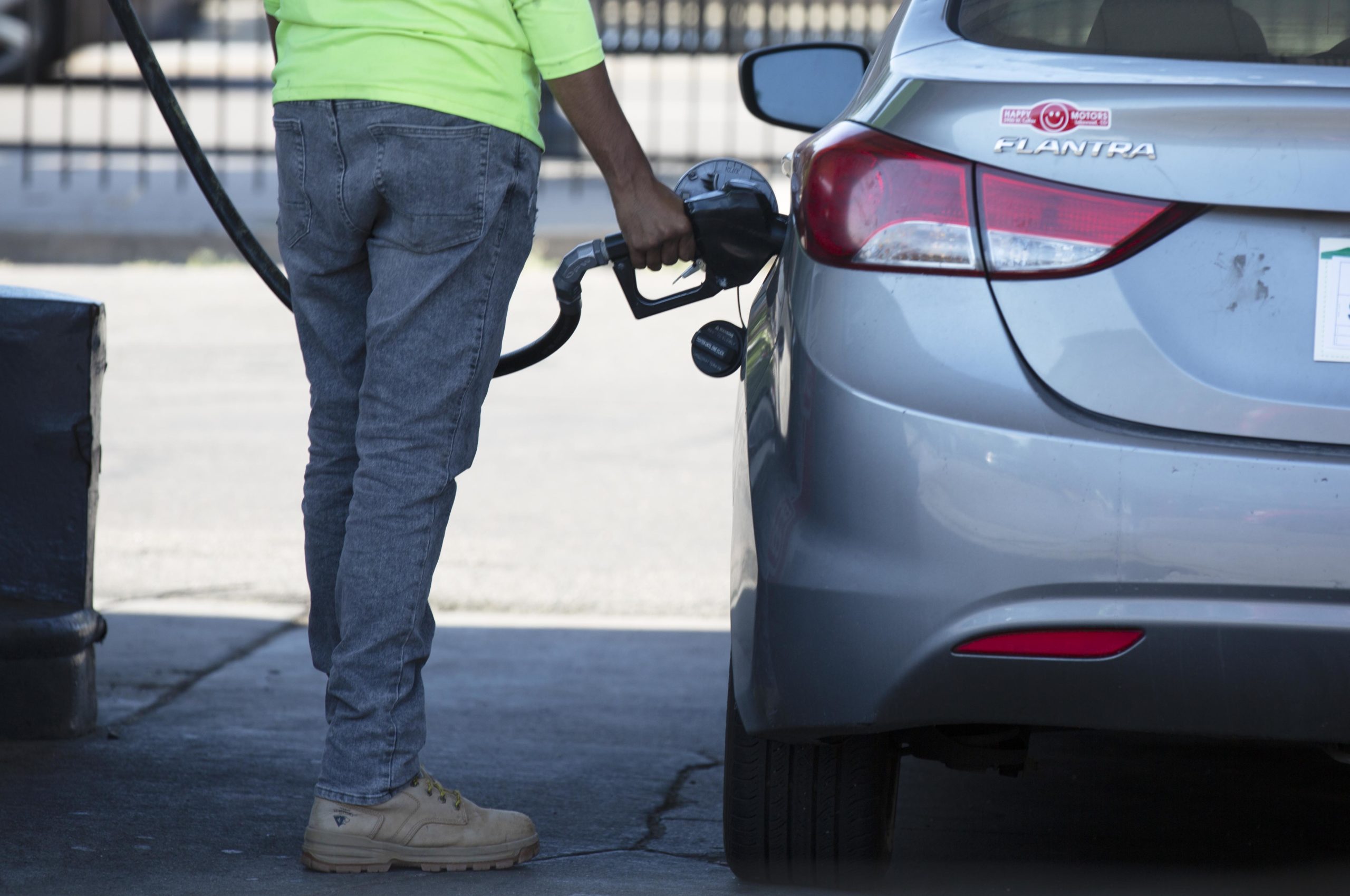
The cure
To weather a recession and inflation, Kulkarni recommends that people make careful decisions about what they buy and cut back where they can. As the buying power of disposable income erodes, extras such as travel, vacations and eating out become more dispensable.
RELATED: Is now the right time to buy a home?
White says it’s incumbent on local elected officials to act. While the administrations of Presidents Donald Trump and Joe Biden did a good job using the tools available to stabilize the economy, she said, the pandemic and resulting economic woes have shown some of the flaws of our system.
“State lawmakers can drill down and see where there are gaps with our economy,” she said. “A lot of people went into the pandemic not doing very well. And while many point to the historical high wages for those blue-collar jobs, it’s important to remember these individuals were already starting from way behind.”
White thinks state lawmakers can focus on programs designed to stabilize the economy, such as unemployment benefits and food stamps, and make sure they are well-funded and protected.
“If you have large segments of the population not doing well, the economy isn’t doing well,” she said. “State lawmakers should target those areas.”
Kulkarni points out that the Federal Reserve Board has already aggressively raised interest rates to slow inflation.
“All causes of this recession are reversible,” he said. “The war in Ukraine will eventually end, and the supply chain will eventually stabilize. The biggest variable is our dependence on crude oil.”
White agrees.
“Colorado is already transitioning from its historic reliance on fuel and focusing on programs that help diversify its tax base that was previously built around extraction industries,” White said. “We need to continue in this positive direction.”



